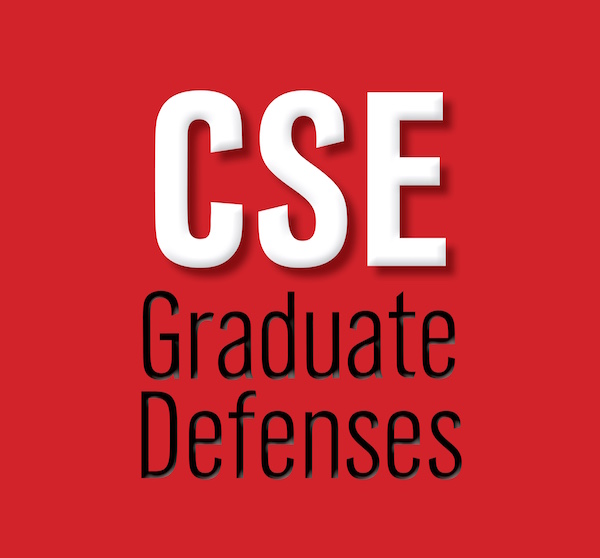
Alireza Khodaei's master's thesis defense, "Analytical Modeling of a Communication Channel Based on Subthreshold Stimulation of Neurobiological Networks," will be this Friday, Nov. 17 at 4 p.m. in Avery 347.
Committee Members:
Dr. Massimillano Pierobon (Advisor)
Dr. Jitender Deogun, Dr. Byrav Ramamurthy and Dr. Hassan Otu
Abstract:
The emergence of wearable and implantable machines manufactured artificially or synthesized from biological components is opening up a new horizon to patient-centered health services such as medical treatment, health monitoring and rehabilitation with minimized costs and maximized efficacy, especially when controlled remotely via the Internet. In particular, we will soon be able to deploy a swarm of machines at the scale of a single cell down to the nano scale in the body by non-invasive or minimally invasive operation (e.g., swallowing or injection) to perform various tasks. However, each of these machines will be able to only perform basic tasks, and it will need to exchange data with other machines and outside world through an efficient and reliable communication infrastructure to coordinate and aggregate its actions into complex functionalities.
In this thesis, Neuronal Communication (NC) is introduced as a novel paradigm for utilizing the nervous system in vivo as a communication medium to transmit artificial data throughout the body. NC features body-wide communication coverage while featuring external energy source independence, and zero electromagnetic body exposure. In addition, unlike many conventional body area networking techniques, NC is able to provide communications among biologically engineered machines and manufactured electronic machines at the same time. Detailed discussions on the theoretical and practical aspects of NC is provided in this thesis, as well as practical aspects regarding its implementation. Future perspectives and open challenges are also included in this thesis and provide possible avenues to continue the study and implementation of systems based on the NC paradigm.